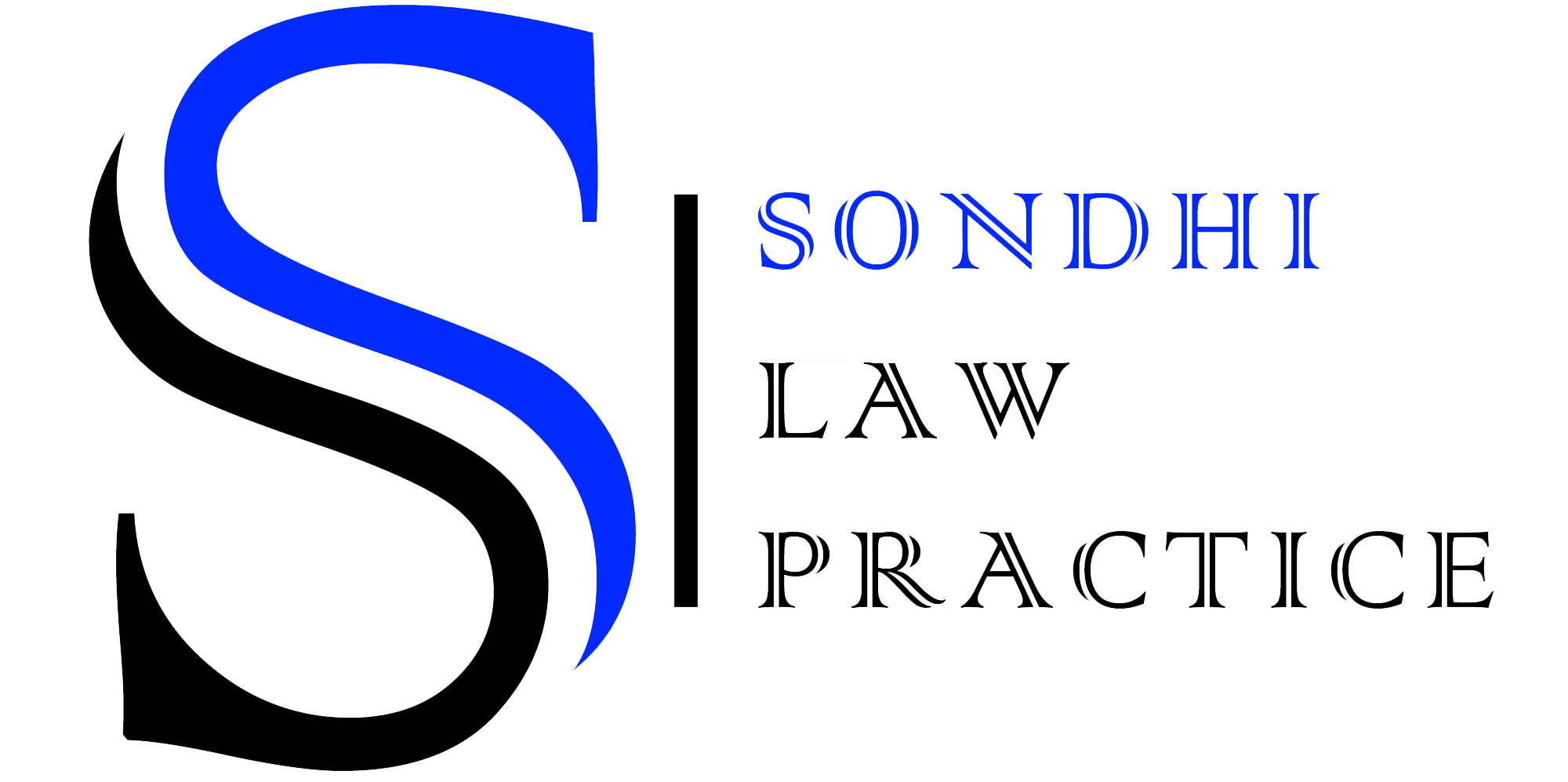What is Litigation?
Litigation is the process of taking legal action in court to resolve a dispute. This can include a wide range of issues, such as disputes between individuals or businesses, contract disputes, personal injury claims, and more. The process typically involves filing a complaint or lawsuit, which is then followed by a series of steps, such as discovery, where each side gathers evidence and makes legal arguments. The case may then proceed to trial, where a judge or jury will make a decision. Depending on the outcome, one party may be ordered to pay damages or take specific actions. Litigation can be a long and complex process, and it is often advisable to seek the advice of an attorney.
It is also important to note that personal injury cases are often taken on a contingency basis, which means that the attorney only gets paid if they are successful in obtaining a settlement or award for their client.


